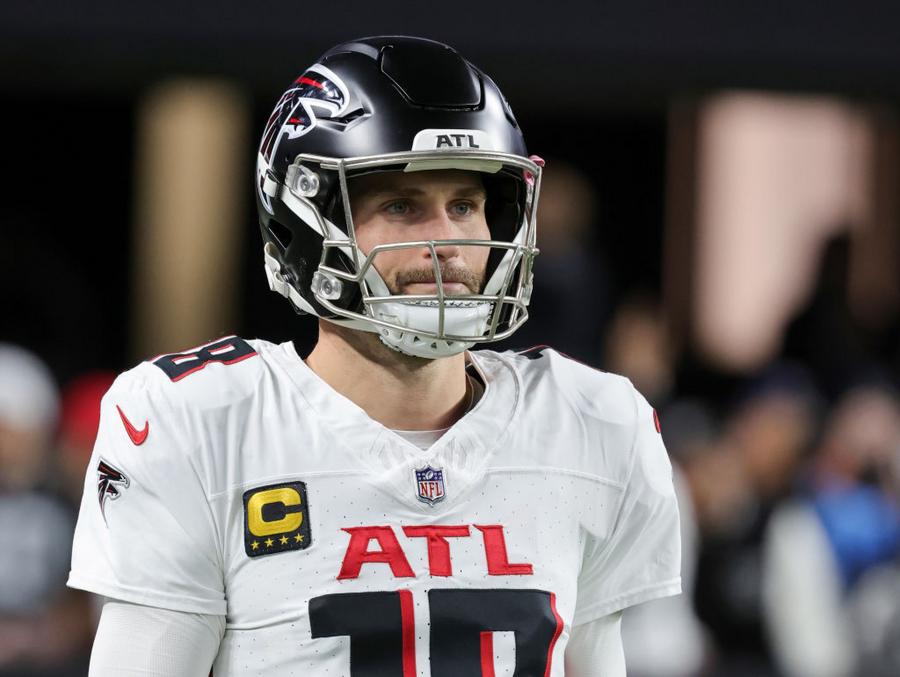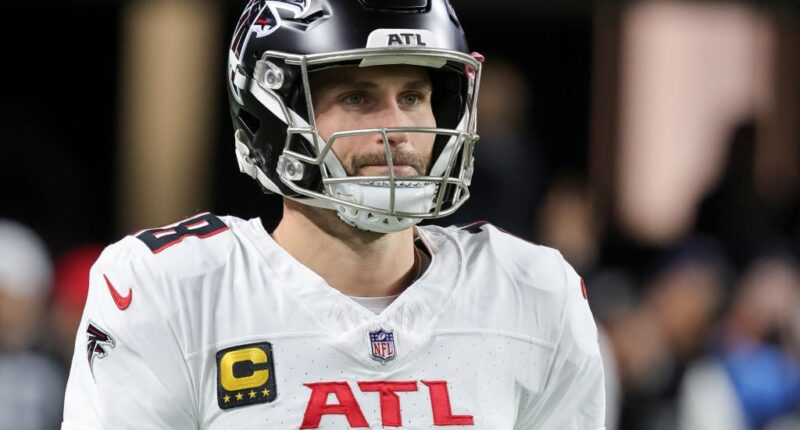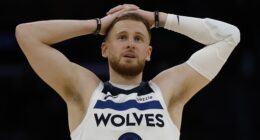At 4 pm EST on Tuesday, the NFL trade deadline expired. A flurry of trades that day across the league reshaped playoff hopes and future rosters alike.
The New York Jets were among the biggest winners, offloading stars Sauce Gardner and Quinnen Williams in exchange for a staggering haul of draft picks — three first-rounders and a second between 2026 and 2027. The Philadelphia Eagles earned praise, too, for making smart, targeted moves that strengthened their defense without overpaying, adding pass rusher Jaelan Phillips and cornerback Michael Carter II. On the other end of the spectrum, contenders like the Bills and Chiefs stood pat, frustrating fans who expected midseason reinforcements.
Another major winner was Kirk Cousins. Unfortunately, on the flip side, his team, the Atlanta Falcons, may have been the day’s biggest loser. Why? Because the moment the clock struck 4 pm, the Falcons became obligated to pay Cousins $90 million… to be a backup quarterback.

Ethan Miller/Getty Images
The $90 Million Backup
Back in March 2024, the Falcons signed Kirk Cousins to a four-year, $180 million contract that included $90 million fully guaranteed. On paper, it looked like a strong, if slightly pricey, move for a franchise desperate for quarterback stability. Cousins, coming off an Achilles tear in Minnesota, had built a reputation as one of the most efficient passers in football and one of the most shrewd negotiators in NFL history.
Then came the plot twist. Just six weeks later, Atlanta used the eighth overall pick in the draft to select quarterback Michael Penix Jr. The decision stunned the league. Cousins hadn’t even played a down for the team yet, and suddenly, his long-term replacement was sitting behind him in the quarterback room.
The move instantly complicated everything. Cousins started the 2024 season as the team’s veteran leader, but when Penix took over, Cousins’ role shifted from cornerstone to placeholder. The team reportedly explored trade options throughout 2025, hoping to move at least part of his enormous deal off the books. But when no market materialized before Tuesday’s deadline, the guaranteed money became unshakable.
With the deadline now passed, Atlanta is locked into paying Cousins $90 million for just 15 games — 14 starts last season and one this year. That works out to about $6 million per game, a staggering return for a quarterback who’s now expected to spend the remainder of his Falcons tenure holding a clipboard. It’s the latest chapter in one of the most financially improbable careers the league has ever seen.
$411 Million Career Earnings
It’s hard to fault Cousins for any of this. For more than a decade, he’s turned methodical play and perfect timing into a financial masterclass. From the moment Washington franchise-tagged him twice in a row — paying him $46 million over two seasons — Cousins has never missed a chance to maximize his leverage. In 2018, he became the first quarterback in NFL history to sign a fully guaranteed contract, landing $84 million from the Minnesota Vikings.
He followed that deal with a two-year, $66 million extension, then a one-year, $35 million contract, bringing his Minnesota earnings to roughly $230 million. Add in his time with Washington and his first two seasons in Atlanta, and Cousins has now earned about $321 million in actual career cash.
Because of the guarantees in his Falcons contract, Cousins is also locked in to receive the full $90 million from the first half of his four-year deal — even if he never starts another game. That brings his total guaranteed career earnings to roughly $384 million. And if he remains on Atlanta’s roster through 2027, he’ll push that total to about $411 million, which would rank among the top three highest career earnings in NFL history, alongside Tom Brady and Aaron Rodgers.
All of it has been built on one consistent strategy: betting on himself. Cousins has never been among the NFL’s elite in terms of athleticism or playoff success, but he’s unmatched when it comes to turning opportunity into guaranteed money. At this point, he’s not just a quarterback — he’s a one-man case study in how to win the business side of the NFL.







